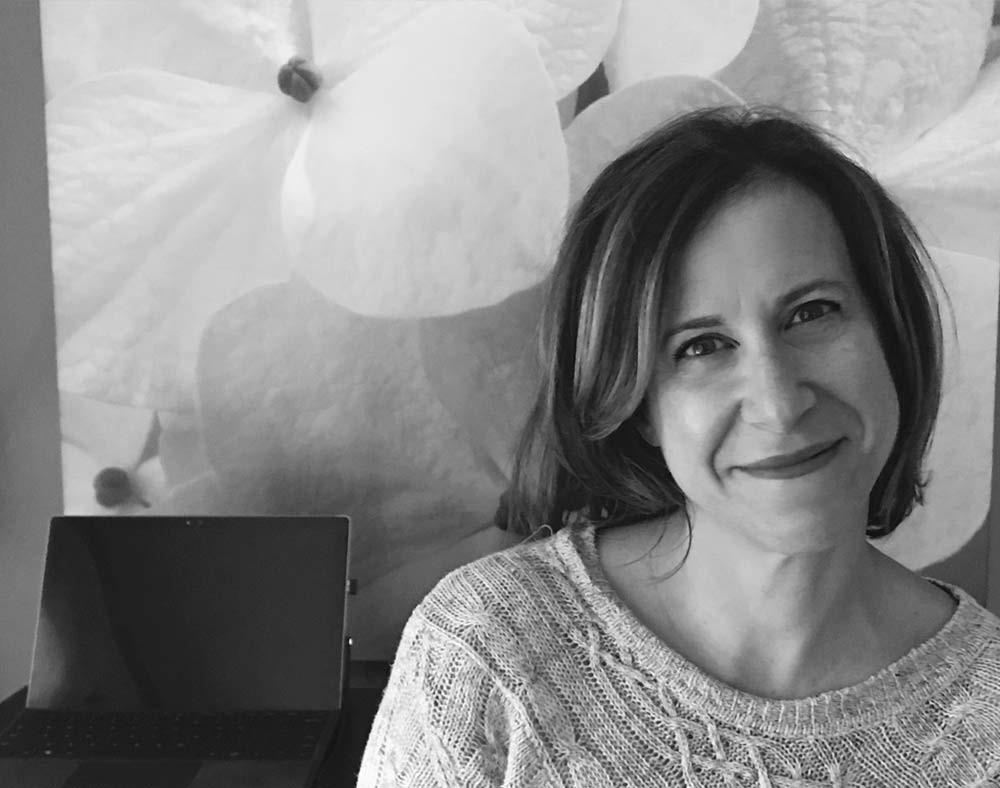The roundtable, which took place on May 24, 2016 at Columbia University, brought together experts working to develop and promote alternative corporate structures from the fields of business and human rights (BHR), corporate governance, impact investing, and social enterprise. It was co-chaired by Joanne Bauer of Columbia University’s Institute for the Study of Human Rights, Erinch Sahan of Oxfam Great Britain, and Liz Umlas of the University of Fribourg.
The purpose of the meeting was to begin a discussion on alternative corporate forms that lend themselves to integrating human rights, including the elimination of extreme inequality, into business practice. With the diversity of perspectives around the table and the fact that few participants had previously interacted with one another, the meeting aimed to “synchronize watches” around language, root concerns, and change objectives.
Participants generally agreed that moving forward would involve both reforming existing structures and modeling alternative structures. Conventional companies set the benchmarks for practices for investors, whereas social enterprises raise the bar on what is possible and desirable. The core problems are market short-termism and business prioritization of shareholders over other stakeholders. Participants acknowledged that market short-termism is an effect of shareholder primacy; therefore, extending time horizons alone will not reverse the shareholder primacy problem.
Many of the participants were new to human rights and to the business and human rights perspective. Some participants were keen to understand what the regulatory and legislative asks should be to create the “ecosystem” in which alternative corporate forms can thrive. Others believe that existing laws are sufficient, but need to be clarified so as to debunk the myth that existing corporate law requires prioritizing shareholder interests in business decision making.
The full publication can be accessed here.
Photo by Guilherme Cunha on Unsplash


